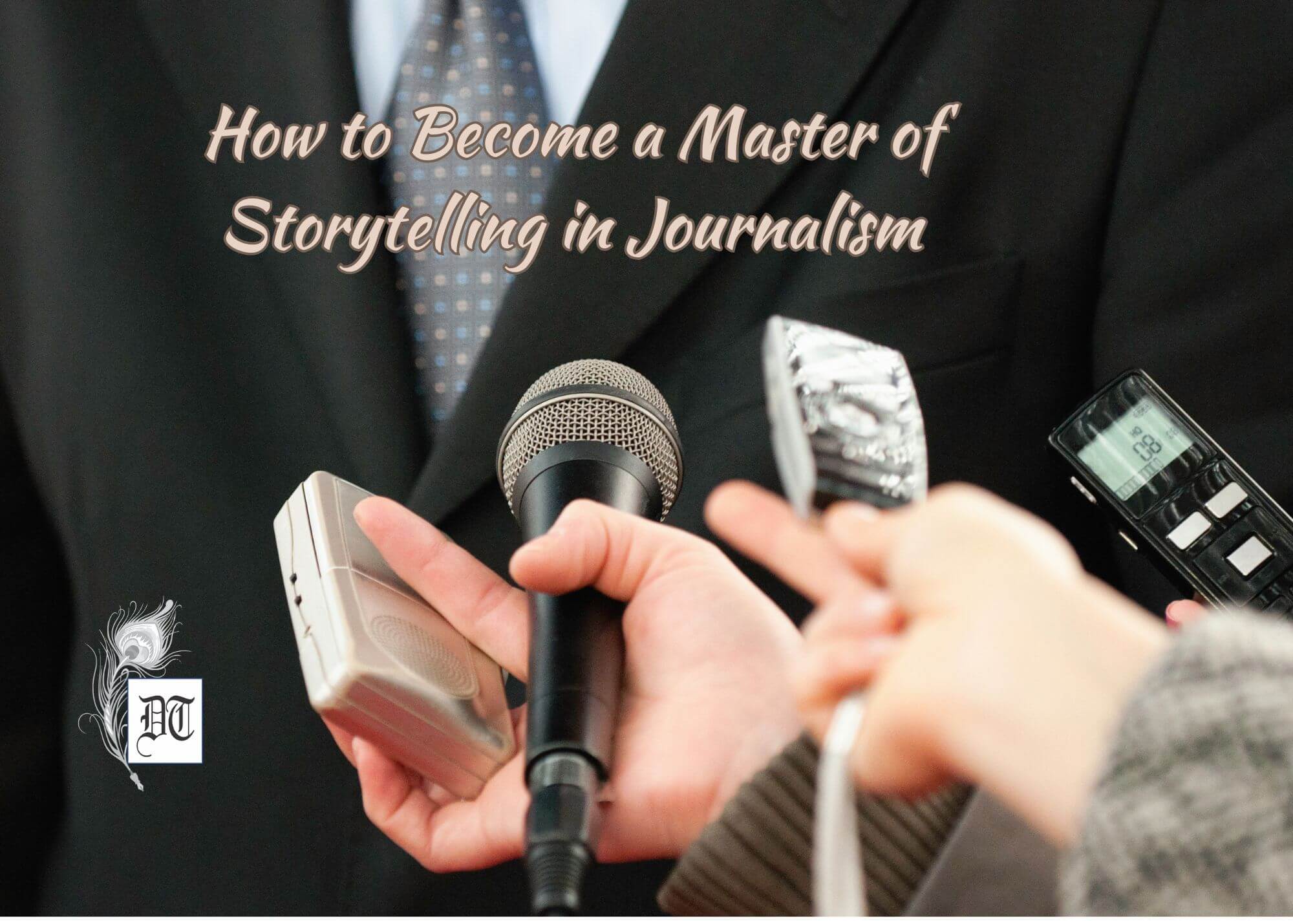Self-acceptance can be nurtured. It is not anybody’s exclusive property. The first step towards promoting self-healing is to be self-compassionate. Cultivating this compassion, helps us to like ourselves and eventually accept those parts that we have erroneously striven to hide or hate, writes Shernaz, in the weekly column, exclusively in Different Truths.
The loving acknowledgment of oneself, warts and all is self-acceptance. It is an affirmation of the self just as one is. It is knowing that there is nothing like a perfect being; a realistic and subjective understanding of one’s virtues and vices, short-comings and strengths, an evaluation of one’s talents, capabilities and worth; believing that it is perfectly fine to be imperfect because there is nothing like perfection. It is having a practical set of perceptions and beliefs about oneself that translates into an attitude of confidence allowing us to live comfortably in our own skin, despite our imperfections, weaknesses, and quirks.
Many people seem to find it easier to loathe themselves. Why is self-love so difficult for them? They have fashioned negative shapes of self-blame, criticism, intolerance, and shame in their minds and believe those shapes define them. They do constant parikrama(circumambulation) of residual guilt in their heads because they cannot deconstruct the tale they keep telling themselves of regrets about past behaviours and wrong choices. They are afraid to push open the door onto a new world – one of self-worth because they consider themselves undeserving. Every second is spent in self-criticism and doubt is a precious second wasted. All such seconds gradually gnaw out a huge chunk of one’s life. We don’t have an eternity to live, so it doesn’t make sense throwing away life like that.
fashioned negative shapes of self-blame, criticism, intolerance, and shame in their minds and believe those shapes define them. They do constant parikrama(circumambulation) of residual guilt in their heads because they cannot deconstruct the tale they keep telling themselves of regrets about past behaviours and wrong choices. They are afraid to push open the door onto a new world – one of self-worth because they consider themselves undeserving. Every second is spent in self-criticism and doubt is a precious second wasted. All such seconds gradually gnaw out a huge chunk of one’s life. We don’t have an eternity to live, so it doesn’t make sense throwing away life like that.
One of the most adored and widely read gurus of our times, Paulo Coelho puts it beautifully — “Stop turning on your emotional television to watch the same programme over and over again, the one that shows how much you suffered from a certain loss. That is only poisoning you, nothing else.”
These self-judgemental narratives that we script are often an outcome of a childhood in which we faced constant putdowns, unnecessary criticism and a dearth of appreciation; where we were identified with our errant behaviours when there should have been absolute acceptance of us as individuals. Such harshness could well have been the projection of our critics’ own fears, conclusions, defences and attempts to filter their personal experiences of childhood and youth.
 At some point, these feelings of rejection are internalised and a tendency toward self-criticism is born. What we failed to realise as kids are that it was not our fault; instead, that sense of culpability and disgrace is carried forward into adulthood. We learn to withdraw into ourselves sure that we do not amount to anything. Afraid of being who we are meant to be we feel trapped because somewhere deep down we do long for appreciation. The need, to be noticed and loved by others while considering ourselves invisible, is very strong albeit suppressed and this polarised tussle fragments the sense of self. We live in a world riddled with the undeserved bullet holes of anxiety.
At some point, these feelings of rejection are internalised and a tendency toward self-criticism is born. What we failed to realise as kids are that it was not our fault; instead, that sense of culpability and disgrace is carried forward into adulthood. We learn to withdraw into ourselves sure that we do not amount to anything. Afraid of being who we are meant to be we feel trapped because somewhere deep down we do long for appreciation. The need, to be noticed and loved by others while considering ourselves invisible, is very strong albeit suppressed and this polarised tussle fragments the sense of self. We live in a world riddled with the undeserved bullet holes of anxiety.
Self-acceptance can be nurtured. It is not anybody’s exclusive property. The first step towards promoting self-healing is to be self-compassionate. Cultivating this compassion, helps us to like ourselves and eventually accept those parts that we have erroneously striven to hide or hate. We need to change our inner dialogue; to stop constantly judging ourselves by parameters set by our parents, teachers, siblings, and others during childhood. We need to examine our self-defeating chatter, understand it and let it go lovingly, forgiving ourselves and those who inadvertently pushed us into such behavioural patterns. We must aspire to work at attaining a life of peace and happiness through the pursuit of self-acceptance.
In his book, Happiness Now!, Robert Holden explains it this way, “Happiness and self-acceptance go hand in hand. In fact, your level of self-acceptance determines your level of happiness. The more self-acceptance you have, the more happiness you’ll allow yourself to accept, receive and enjoy. In other words, you enjoy as much happiness as you believe you’re worthy of.”
Rather than on weaknesses, the focus should be on celebrating our strengths. But for those strengths to emerge it is imperative to accept one’s self unreservedly without measuring it against some specific benchmark. Comparisons often tend to create a wrong sense of self. Regardless of how others’ judgements are cloaked, it is still an external verdict. We are meant to create our life from within based on our own inner wisdom, not on others’ view of who we are or should be.
We should inquire into what exactly we deny about ourselves and bring the light of compassion and understanding to heal those negative aspects of self-denial. In so doing, we can begin to collapse the accumulated feelings of guilt and shame that block our path to true acceptance and self-love. The more we can comprehend just why we feel obliged to act in a particular manner, the easier it will be to let go of such ways and avoid repeating them. Coming from a place of self-empathy, we will realise that our internal programming had dictated our behaviour so far and we need to forgive ourselves. Gradually as we progress to a state of self-acceptance, we begin to understand that in fact there is nothing to pardon ourselves for.
“When we’re able to sympathetically understand the origin of these darker, recessive fragments in us, any self-evaluation rooted in them begins to feel not only uncharitable but unjust as well. The fact is that virtually everybody harbors forbidden (and quite possibly, outrageous) impulses and fantasies – whether they entail brutally injuring someone we find obnoxious, exercising unbridled power over others, or (indeed!) running naked in the streets. And when we’re able to recognise this, we’re also well on the way to accepting ourselves without conditions. Appreciating that, however bizarre or egregious, most of our “evil imaginings,” are probably little more than fantasised compensations for indignities, hurts, or deprivations we experienced in the past, we can now reconceive our “aberrations” as, well, rather normal.
Further, even as we come to accept our shadow side we can still maintain voluntary control over how these parts of us are expressed–that is, in ways that can ensure safety both to ourselves and others. For as long as we’ve been able to re-connect to our deepest, truest self, we’ll be coming from a place of love and caring. As such, it really isn’t for us to do anything that would violate our natural tendencies toward compassion and identification with all humanity. Owning and integrating our various facets is a transcendent experience. And when we–or really, our egos–no longer feel separate from others, any sinister motive to do them harm literally disappears.”
(https://www.psychologytoday.com/blog/evolution-the-self/200809/the-path-unconditional-self-acceptance)
Today, I read this quote by the wise, prolific poet Mary Oliver and thought of sharing it here: “Listen. Are  you breathing just a little and calling it a life?” Isn’t that what we do when we do not accept and love ourselves? Breathe just to exist? I think her poem Wild Geese, ”soul-stretching” as someone called it, will be a nice summation of this piece. Let her words sink in and stretch our souls, giving us the much-needed impetus to go on exultantly with our beautiful lives.
you breathing just a little and calling it a life?” Isn’t that what we do when we do not accept and love ourselves? Breathe just to exist? I think her poem Wild Geese, ”soul-stretching” as someone called it, will be a nice summation of this piece. Let her words sink in and stretch our souls, giving us the much-needed impetus to go on exultantly with our beautiful lives.
You do not have to be good.
You do not have to walk on your knees
for a hundred miles through the desert repenting.
You only have to let the soft animal of your body
love what it loves.
Tell me about despair, yours, and I will tell you mine.
Meanwhile, the world goes on.
Meanwhile the sun and the clear pebbles of the rain
are moving across the landscapes,
over the prairies and the deep trees,
the mountains and the rivers.
Meanwhile the wild geese, high in the clean blue air,
are heading home again.
Whoever you are, no matter how lonely,
the world offers itself to your imagination,
calls to you like the wild geese, harsh and exciting-
over and over announcing your place
In the family of things.
©Shernaz Wadia
Photos from the Internet
#SelfAccepetance #SelfLove #AcceptingWhatYouAre #Confidence #Life #Compassion #SelfJudgemental #SelfHealing #Happiness #Life #ShernazScribbles #DifferentTruths




 By
By
 By
By

 By
By